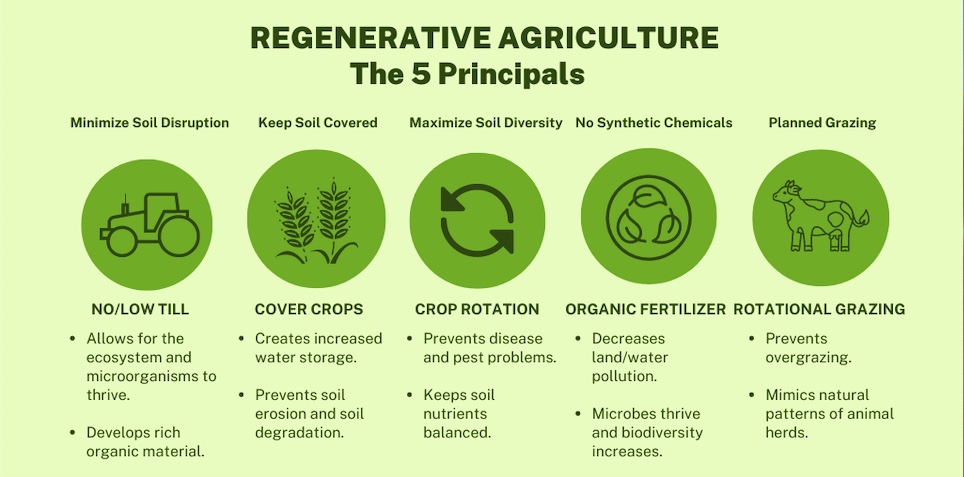School Tree Nurseries
We provide training and equipment for the creation of tree nurseries at each of the schools we partner with. These tree nurseries serve communities enabling students to continue engaging with sustainable reforestation throughout the year, and seeing their work grow into strong and healthy indiginous/fruit trees.
Every school tree nursery project will be owned and operated for the benefit of students and their families. The children help plant and nurture trees until they are mature enough to supplement the school’s nutritional food supply and improve the environment on campus. Students also have the option to bring trees home to share and teach their friends, family, and neighbors about ecological management.
Tree Nurseries Include:
Greenhouse and Regenerative Agriculture
Our greenhouse and main tree nursery is located in the town of Katesh, Tanzania.
Here we plant and grow seeds into healthy saplings prior to distributing them to community members for planting. Community members play the central role in decision making about what time of year, what species, and where planting will be most viable and beneficial.
By 2024, we will have planted over 2 million seeds.
We also grow a wide variety of crops on our farms including maize, beans, sunflower, wheat, and green vegetables to help feed our staff and visitors. The organic and sustainable methods we employ are also meant to inspire others to learn about and replicate our efforts. Regenerative agriculture is at the center of our philosophy of food production that can be both more efficient and more responsible than conventional modern agriculture.

Why Regenerative?
Regenerative Agriculture is a farming philosophy and methodology that aims to restore degraded soils by improving biodiversity and increasing soil organic matter. The technique utilizes crop rotation, cover crops, no/low till, and managed grazing.
Benefits:
- Increase in biodiversity and soil fertility in turn
- Increased porosity and retention (more water can be effectively absorbed in the soil)
- Reduced water runoff causing erosion
- Less fertilizer and pesticides are needed
- Improved carbon sequestration
- Growth of organic material in soil
- Larger crop yields over time
- Decreased land/water pollution
